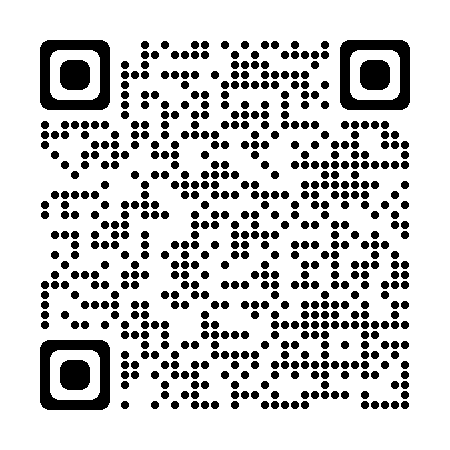Our Emergency Department is very busy right now and some people are experiencing long waits. If you do not require emergency care, please use an alternative such as 111 online.
3 in 100 children will have a febrile seizure before they are 6 years old.
An attack can be frightening to watch, as a child becomes unconscious with stiff, jerking arms and legs. There may be frothing at the mouth and blueness around the lips.
Your child will suffer no pain or discomfort during the attack. They will be unaware of what is happening. The fit or seizure will usually only last for a few minutes and the child will often recover quickly following one. They may sometimes be sleepy for a short while afterwards.
Will it happen again?
It is possible that they may have another one when they develop a high temperature. About 3 in 10 children who have a febrile convulsion will go on to have a second seizure in a future fever. This is more likely if there is a family history of febrile convulsions.
Children do usually “grow out of them”. The risk of febrile convulsion gets much less after the age of 3 years.
What first aid can I do during a febrile convulsion?
During an attack:
- try to stay calm
- note the time the seizure starts
- lay your child on their side, keeping them out of harm’s way
- do not try to put anything in their mouth
- wait for the convulsion to stop
- when your child has stopped fitting, remove any excess clothing to try to reduce their temperature
If your child appears to be distressed or unwell with the fever, then you can give them some paracetamol or ibuprofen. Make sure you follow the instructions on the box.
Give cool fluids to drink once your child has recovered enough to swallow.
All children should be seen by a doctor as soon as possible after a febrile convulsion to ensure they do not have a serious illness. This can be your GP if your child has come round quickly (within 30 minutes).
Very rarely, febrile convulsions can become prolonged. If the fit lasts for more than 5 minutes dial 999 and request an ambulance. This is so that your child can be brought to the Emergency Department.

